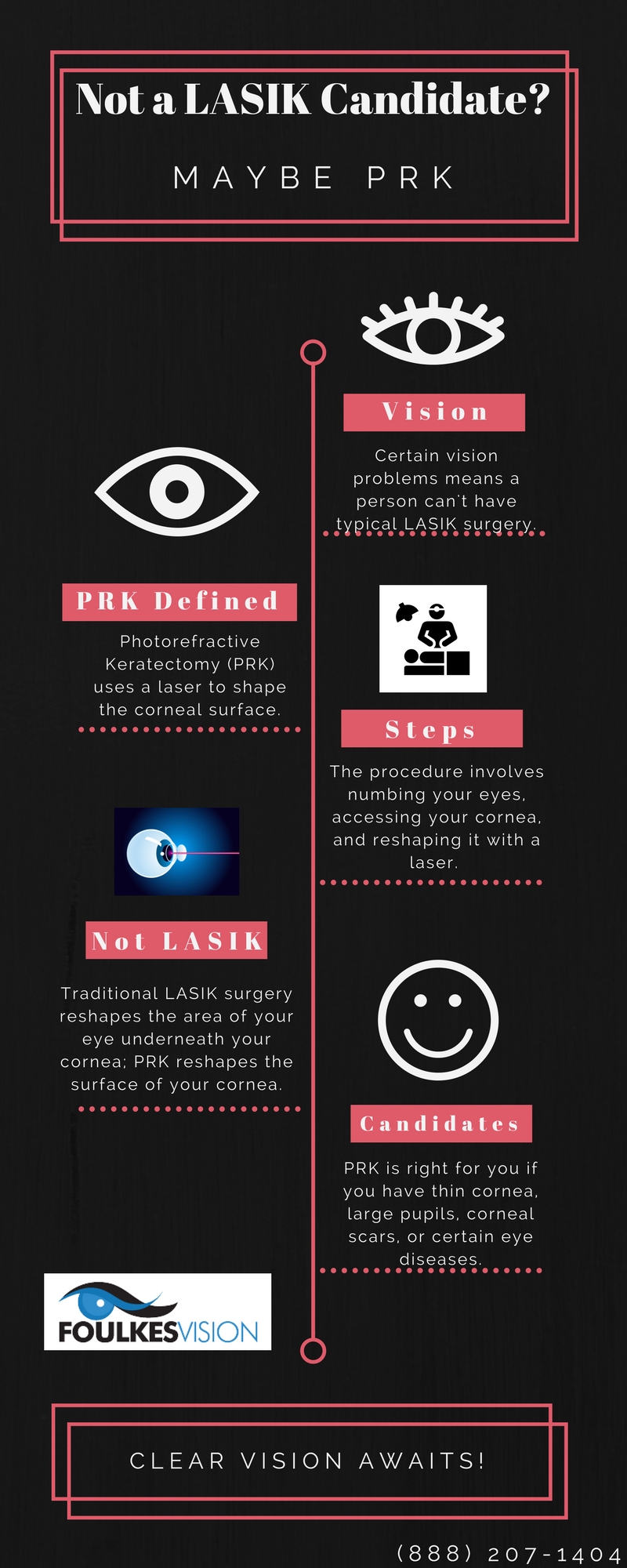Discover The Possibility Of Refractive Lens Exchange And The Shocking Facts Your Ophthalmologist May Not Expose-- Could This Be The Vision Solution You've Been Missing Out On?
Discover The Possibility Of Refractive Lens Exchange And The Shocking Facts Your Ophthalmologist May Not Expose-- Could This Be The Vision Solution You've Been Missing Out On?
Blog Article
Published By-Hendricks Cochran
Have you ever took into consideration Refractive Lens Exchange (RLE) as a choice for vision adjustment? While simply click for source isn't as widely talked about as LASIK, RLE could be a game-changer for your sight. Lots of people forget its advantages, thinking conventional methods are their only option. But what are the real benefits, and what might your eye doctor not be telling you about this procedure? Allow's explore the ins and outs of RLE together.
Understanding Refractive Lens Exchange: The Fundamentals
Refractive lens exchange (RLE) is an operation that can considerably improve your vision, particularly if you're handling presbyopia or extreme refractive mistakes.
During RLE, your eye doctor eliminates your eye's natural lens and replaces it with a man-made one tailored to your vision needs. This procedure can fix nearsightedness, farsightedness, and astigmatism, providing you clearer vision without relying on glasses or get in touch with lenses.
The surgical treatment is commonly quick, taking less than an hour, and most people experience minimal discomfort. Recovery is fairly quickly, enabling you to go back to your everyday tasks shortly after.
If you're thinking about RLE, consulting with your eye doctor can help you establish if it's the appropriate selection for you.
Key Differences Between RLE and Traditional Cataract Surgery
While both refractive lens exchange (RLE) and typical cataract surgical treatment include changing the eye's natural lens, their key goals and individual profiles differ considerably.
RLE is aimed at people seeking to reduce their reliance on glasses or contact lenses as a result of refractive errors, often prior to cataracts create. In contrast, typical cataract surgical treatment commonly targets patients who've developed cataracts, which cloud the lens and hinder vision.
The lenses made use of in RLE can give a more comprehensive range of vision modification, while basic cataract surgery generally involves basic monofocal lenses.
Additionally, RLE prospects are usually younger and in excellent general wellness, whereas cataract patients might be older and have various other health and wellness worries.
Choosing the best treatment relies on your particular vision needs and circumstances.
Potential Advantages and Factors To Consider of RLE
If you're thinking about refractive lens exchange (RLE), you'll locate a number of potential benefits that might enhance your lifestyle.
RLE can provide you with more clear vision, decreasing or removing the need for glasses or contact lenses. It uses a chance to deal with presbyopia and other refractive mistakes at the same time, commonly boosting your general visual acuity.
Furthermore, RLE can be a fantastic choice if you're not an appropriate candidate for LASIK. Nonetheless, it's important to weigh the factors to consider, like the expense, potential dangers, and the recovery period.
Discussing your details demands with your optometrist can aid you make an educated choice, guaranteeing you choose the very best path for your vision adjustment.
Conclusion
In conclusion, refractive lens exchange provides a distinct solution for vision adjustment that exceeds what LASIK can offer. It's necessary to evaluate the benefits against potential dangers and costs before deciding. Don't think twice to ask your optometrist the difficult inquiries to ensure you completely understand the treatment and its effects for your vision. With the right info, you can with confidence choose the most effective alternative for your eyes and lifestyle.
